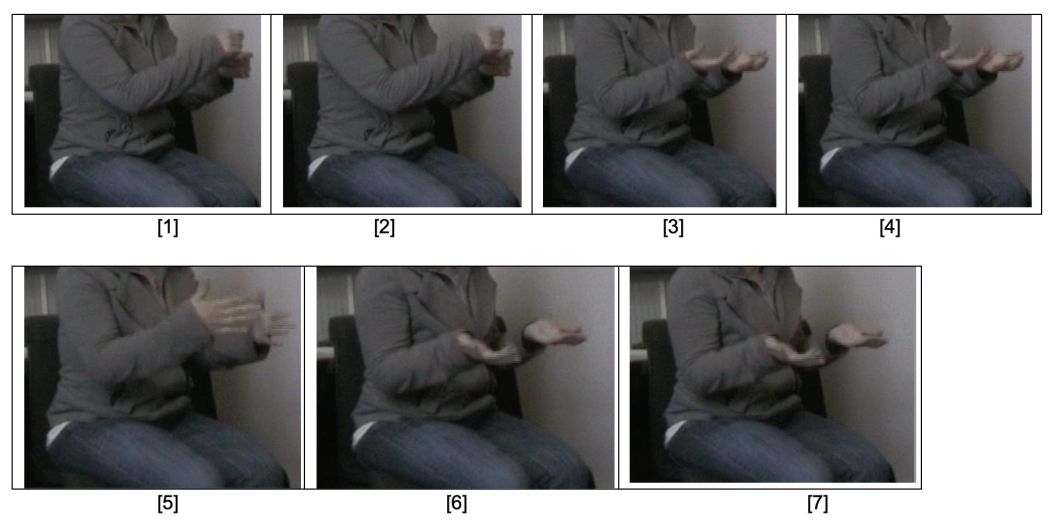When talking, we commonly use our hands to stress, re-enact, or signal breaks or new information. But is it true that some cultures gesture more than others? A team of researchers has set out to learn if the stereotype that Italians gesture more than Swedes is true – and found it is. The team’s results, however, also showed that speakers coming from different cultures tended to use different types of gestures when they tell a story. This may mean that members of certain cultures construct stories differently than members of others.
When we talk, we often use our hands in addition to words. Gesturing is a phenomenon that has been observed across languages and cultures. Some cultures are typically thought to use more gestures than others.
To find out if the deeply rooted stereotype of Italians gesturing more than other cultures is true, researchers in Sweden have examined the differences in gesture rate and function between Italians and Swedes who were telling a story to a friend.
“We show that Italians do gesture more than Swedes, which was expected,” said Dr Maria Graziano, the first author of the Frontiers in Communication article and associate professor at Lund University Humanities Lab. “More interestingly, we demonstrate that people from different cultures use gestures differently, due to varying rhetorical styles and different ways of constructing a story.”
Talking hands
Together with Prof Marianne Gullberg, a psycholinguist at the same lab, Graziano had 12 Italian and 12 Swedish participants retell the story of a 90-second clip from the cartoon ‘Pingu’ to a friend who had not watched the cartoon. Researchers who study gestures commonly use cartoons because the characters often do not speak, and viewers can retell the story using their own words without input from the source.
As expected, the findings showed that Italian speakers did gesture more frequently overall. Per 100 words, Italians used an average of 22 gestures, whereas Swedes used just 11.

In addition to gesture frequency, the researchers observed who used which gestures to what end. “When we tell stories we combine several kinds of information: we introduce characters and events, describe actions, and explain why. We check that our listener understands what we’re saying. And if we are telling a story based on cartoon, we refer to the act of watching, too,” Graziano explained. “When we describe an action, it is more likely that we produce a gesture that represents that action; while if we talk about characters or settings, it is more likely that we make a gesture that ‘offers’ this information to the listener.”
Read and download the original article
Italians tended to use more pragmatic gestures – those that mainly comment on the story and present new parts of it to the listener. Swedes, instead, tended to use more representational gestures, which mostly represent the events and actions of the story. “This indicates that Italians and Swedes adopt different rhetorical styles in telling a story and that they conceptualize it in a different way,” Graziano pointed out.

How cultures think about stories
Currently, it is unclear why Swedes and Italians may conceptualize narratives differently. A possible explanation is that some cultures attribute different values to narration than others, which could lead to varying ways of organizing speech content and impact gesturing. This, however, needs to be confirmed by further studies, the researchers pointed out.
Future studies should also include more participants, including participant pairs who do not know each other, as familiarity may impact rhetorical choices made by speakers. Taking an approach that looks closely at both the content of the speech and the function of gestures can also help understand why cultures differ in narrative production, the researchers said.
“I hope that this study helps people consider gestures from a different perspective and go beyond stereotypical and folkloristic views. Gestures are produced in all languages and cultures, and they are not a mere embellishment of speech; they are closely related to what we are saying and how we want to say it,” Graziano concluded.